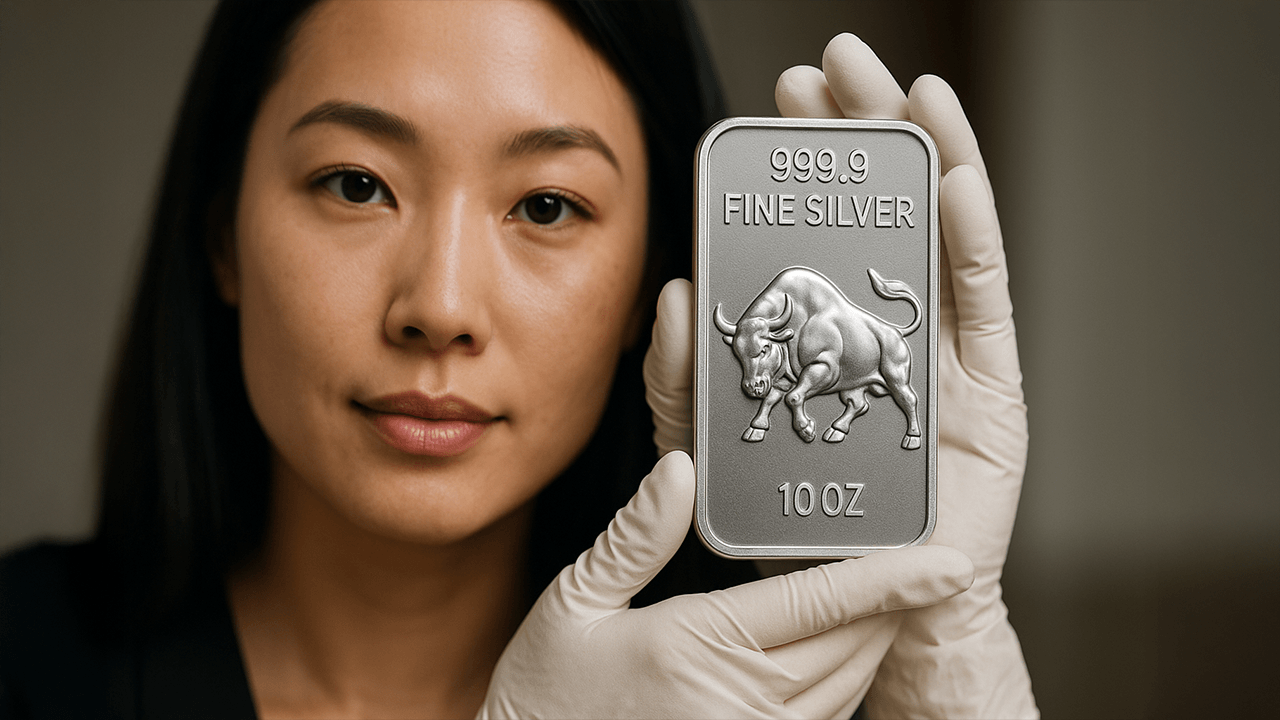Title: “The Impact of Artificial Intelligence on Modern Healthcare: A Comprehensive Analysis”
—
The rapid advancement of artificial intelligence (AI) has transformed numerous industries, and healthcare is no exception. AI’s integration into medical practices has revolutionized diagnostics, treatment plans, and patient care, offering unprecedented efficiency and accuracy. This article explores the multifaceted impact of AI on modern healthcare, examining its benefits, challenges, and future prospects.
The Rise of AI in Healthcare
AI’s role in healthcare has grown exponentially over the past decade. According to a report by Grand View Research, the global AI in healthcare market size was valued at $4.9 billion in 2020 and is expected to reach $36.1 billion by 2025, growing at a compound annual growth rate (CAGR) of 47.6%. This surge is driven by the increasing demand for personalized medicine, the need for cost-effective healthcare solutions, and the growing volume of medical data.
AI’s applications in healthcare are diverse, ranging from diagnostic tools to predictive analytics. Machine learning algorithms, for instance, can analyze vast amounts of medical data to identify patterns that may elude human experts. Natural language processing (NLP) enables AI to interpret medical records, while robotic process automation (RPA) streamlines administrative tasks, reducing the burden on healthcare professionals.
Enhancing Diagnostic Accuracy
One of the most significant contributions of AI to healthcare is its ability to enhance diagnostic accuracy. AI-powered imaging tools, such as those developed by companies like IBM Watson and Google DeepMind, can analyze medical images with remarkable precision. For example, AI algorithms have been shown to detect breast cancer in mammograms with an accuracy rate of up to 99%, surpassing human radiologists in some cases.
AI’s diagnostic capabilities extend beyond imaging. AI-driven diagnostic tools can analyze patient symptoms, medical history, and genetic information to provide early detection of diseases like diabetes, heart disease, and even certain types of cancer. This early intervention can significantly improve patient outcomes and reduce healthcare costs.
Personalized Medicine and Treatment Plans
AI’s ability to process and analyze vast amounts of data makes it an invaluable tool for personalized medicine. By leveraging AI, healthcare providers can tailor treatment plans to individual patients based on their genetic makeup, lifestyle, and medical history. This approach not only improves treatment efficacy but also minimizes adverse side effects.
For instance, AI algorithms can predict how a patient will respond to a particular medication, allowing doctors to prescribe the most effective treatment. This personalized approach is particularly beneficial in oncology, where AI can analyze tumor genetics to recommend the most suitable chemotherapy or immunotherapy regimens.
Challenges and Ethical Considerations
Despite its numerous benefits, the integration of AI into healthcare is not without challenges. One of the primary concerns is data privacy and security. The sensitive nature of medical data makes it a prime target for cyberattacks. Ensuring the security of patient data is paramount, and healthcare providers must implement robust cybersecurity measures to protect against breaches.
Another challenge is the potential for AI to introduce bias into medical decisions. AI algorithms are only as good as the data they are trained on, and if the training data is biased, the algorithm’s recommendations may also be biased. This can lead to disparities in healthcare outcomes, particularly for marginalized communities. To mitigate this risk, healthcare providers must ensure that AI algorithms are trained on diverse and representative datasets.
The Future of AI in Healthcare
The future of AI in healthcare is bright, with numerous advancements on the horizon. One promising area is the development of AI-powered wearable devices that can monitor patients’ health in real-time. These devices can track vital signs, detect anomalies, and alert healthcare providers to potential health issues before they become critical.
Another exciting development is the use of AI in drug discovery. AI algorithms can analyze vast amounts of biological data to identify potential drug candidates, significantly accelerating the drug development process. This could lead to the discovery of new treatments for diseases that were previously untreatable.
Conclusion
AI’s impact on modern healthcare is profound and far-reaching. From enhancing diagnostic accuracy to enabling personalized medicine, AI is transforming the way healthcare is delivered. However, challenges such as data privacy, bias, and ethical considerations must be addressed to ensure that AI’s benefits are realized equitably. As AI continues to evolve, its potential to improve patient outcomes and reduce healthcare costs will only grow, making it an indispensable tool in the future of medicine.





